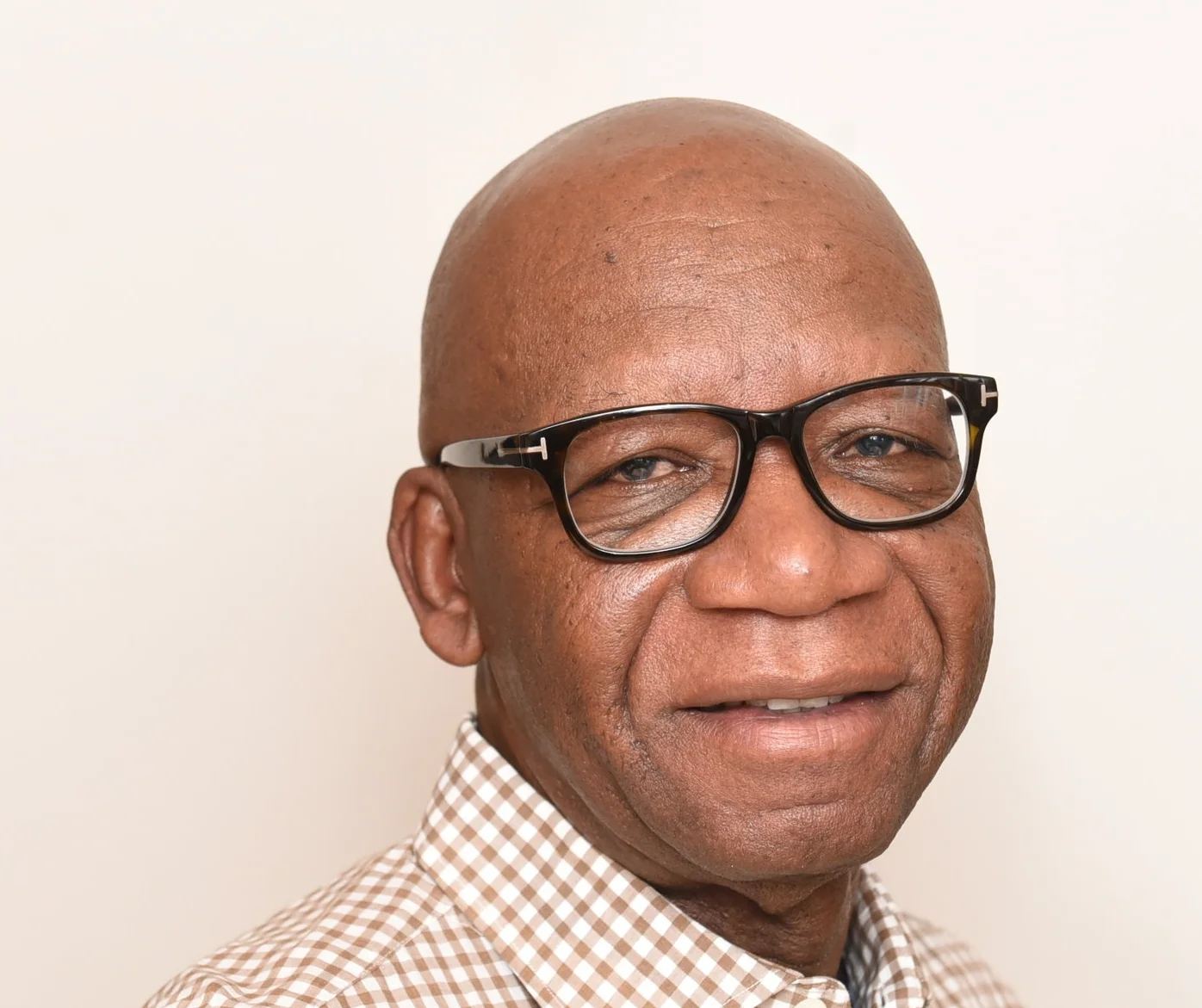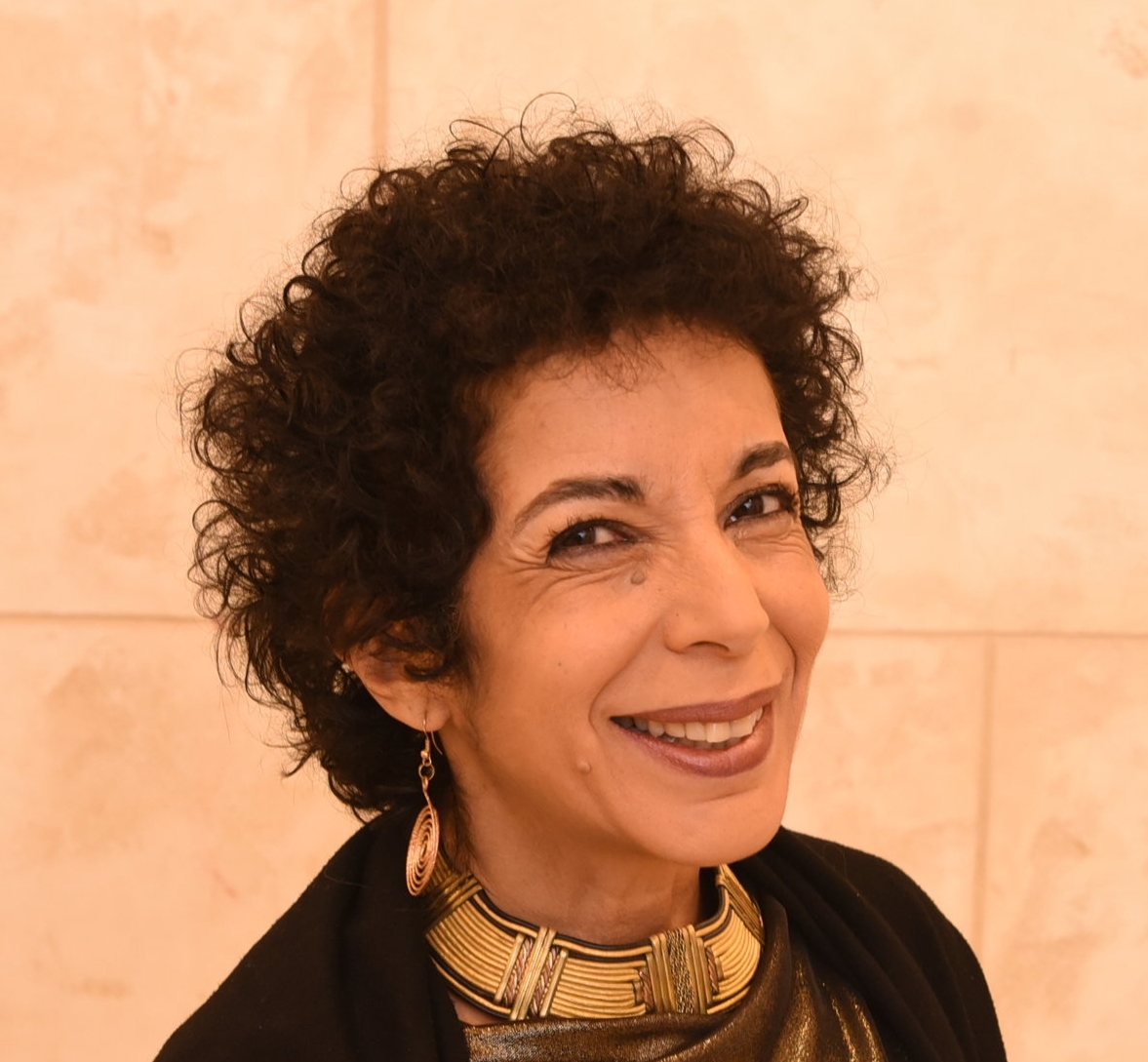Ron Rock is community builder extraordinaire
March 15, 2018
It pays to listen to parents.
Joyce Rock insisted that her eldest son – Ron Rock -- go to college or university after he graduated from high school in England in the late 1960s.
Her sage advice, however, was ignored.
When the family migrated to Montreal in 1970, Rock secured employment as a shipper/receiver at a dress manufacturing company.
Still not satisfied with her son's status in life, mom told him that if he didn’t get out of that job environment, he would end up sweeping the floor.
The octogenarian words were prophetic.
A few months later, the company owner approached Rock with news that the maintenance worker had quit and he would have do the cleaning along with his other duties.
“The boss basically said, ‘You are the next man up’,” recalled Rock.
For the next two days, he remained at home contemplating his next move.
“When mom asked what was going on, I told her I was done with that job,” said Rock who spent his first nine years in Barbados before going to England. “She made it clear I would have to go to school or find another job. She also reminded me that I wasn’t interested in pursuing post-secondary studies when she was encouraging me to do that. All I wanted to do then was make some money and have a good time.”
At a dead end, Rock enrolled in Dawson College’s three-year community recreation & leadership training program that prepares students to work in the leisure & recreation sector.
While attending school and working part-time, he met Carl Whittaker who helped many Black immigrants make a seamless transition.
Leaving Barbados in 1966 to study at Sir George Williams University (now Concordia University), Whittaker – who died last November at age 79 – co-founded the Black Community Council of Quebec (BCCC) and served as the executive director for many years.
“Carl took me under his wing and exposed me to community development politics while providing valuable lessons on how institutions function,” said Rock. “He also took me to community meetings. He was like a father figure and I really gravitated to him because I grew up in a home with a single parent. This guy had an amazing ability to take young people from different backgrounds and with various attitudes and mould them into something they could be proud of.”
Rock arrived in Montreal a year after Canada’s largest student occupation at Sir George Williams University.
Suspecting unfair grading by their biology professor, six Caribbean students lodged a protest in 1968 with the university that agreed to establish a committee to investigate the allegations. Eight months after the matter wasn’t resolved, nearly 400 students occupied the computer lab on the university’s ninth floor.
During the 14-day protest, they destroyed about $2 million in computer equipment.
“Activism in Montreal’s Black community was at its highest,” said Rock. “There was the Montreal Congress of Black Writers in 1968 that sort of marked a shift in Canadian Black consciousness. I am happy that I was in the city at that time because some of those developments that were taking place helped shape me.”
Graduating with honours from Dawson College and with a thirst for higher education, Rock entered McGill University’s social work program. Upon graduating, he joined Shawbridge Youth Centres working with marginalized and disillusioned youth.
“Youths were dropping out of school at an alarming rate, drug use was on the rise and there was a lack of opportunity,” he said. “Young people felt excluded and they lost hope.”
When Whittaker stepped down as the BCCC executive director, Rock replaced him.
“I think it was a logical move because I had the qualifications, experience and the community profile,” he said.
Married to a Guyanese immigrant who arrived in Montreal in her early teens, Rock had to make a decision when she became frustrated with living in Quebec’s largest city and was seeking a change in scenery.
“To be honest, I was at the point where I had asked myself if I wanted to stay in Montreal and be a full-time activist for the rest of my life,” he noted. “The answer was no. I wanted to effect change and I felt that could be done in a different way.”
Moving to Toronto in 1990, Rock took a year off to spend some quality time with their children.
“I was busy working and attending meetings that I really didn’t have the time to be around my kids,” he said. “Now, they were 8, 7 and four and I wanted to bond with them. So while my wife worked, I took care of them. People keep commenting on the strong bond I have with my children today and, looking back, I think the reason that’s the case is because of the huge amount of time I dedicated to them during that period.”
Rejoining the workforce as a child care worker with the City of York social planning council, Rock spent a year in that role and 13 years with the municipal government as a City of Scarborough community & race relations co-ordinator and City of Toronto access & equity consultant.
While with the local government, an advertisement for executive director with the East Scarborough Boys & Girls Club (ESBGC) in the Kingston Rd/Galloway community caught Rock’s attention and his application was successful.
Working in one of the city’s designated priority neighbourhoods wasn’t going to be easy.
“To be honest, the building was a wreck and the community was unhappy with the services being offered,” Rock said. “One of the first things I did was make some changes to the staff to reflect the community it was serving. That got the attention of community members. The next thing I did was ask the young people to tell us what they wanted. They came forward and felt good about giving their input. Not long after, a young man told me he hated his community because he never saw anything good happening in it. When I asked him to expand, he said no one seems interested in building anything new for them.”
The Galloway site was never renovated since it was built in the 1970s.
A capital fundraising campaign was established to raise $5 million to renovate the facility.
“The community bought into our vision and money started to pour in,” recounted Rock. “A city politician walked into my office one day and gave me a cheque for $100,000. When I told him I thought he made a mistake and he might have intended to donate $10,000, he said that wasn’t the case.”
The federal, provincial and municipal governments each contributed nearly $1.3 million in funding while the Youth Challenge Fund (YCF) chipped in with $1 million to the project.
Upgraded from 12,000 to 22,000 square feet, the refurbished community centre boasts pristine art, recording and dance studios along with new community and multi-purpose rooms and a gym. A new roof was installed and the air conditioning, plumbing and electrical systems were upgraded in the two-storey building.
Located at 100 Galloway Rd., the club has been providing neighbourhood solutions to community and social needs through its flagship social and recreational facility as well as several local satellite locations since 1957 when ex-cop Fred Gregory created a space to keep young people out of trouble.
The renovations finished on time and under budget. Expected to cost $ 4.7 million, the price tag was $4.5 million.
While the community was fully behind Rock, the support of his board wasn’t unanimous.
“When I showed one of them the plan, she asked why there was so much glass around the building,” he said. “I explained to her that employees and children complained about constantly having headaches because of the artificial light they were exposed to most of the day. Her concern was that bullets and bricks would come flying through the glass and we would have to be constantly replacing broken window panes.”
The board member concerns were unwarranted as there hasn’t been any damage since the building opened in 2011.
“What this lady didn’t understand is that the people in the community value and appreciate that centre and they protect it,” said Rock. “The entire community protects that space which is a good place for young people.”
The legacy project stands out as one of the highlights of his career.
Rock is also proud of the fact that in one year, 15 young people who were enrolled in the club’s programs over a two-year period went to university.
“That had never happened before,” he said.
Three years ago, 30 program participants were accepted to post-secondary institutions.
Rock set up a scholarship fund to assist students pursuing college and university studies.
“When I retired last October, that fund had $250,000 in it,” he said. “That’s what I value.”
In 2005, Rock took a two-year leave of absence from the ESBGC to become the executive director of the YCF launched in February 2006 to create opportunities and support community ideas for young people in Toronto’s 13 designated priority neighbourhoods.
After nearly four decades working with young people and creating opportunities for them to flourish, Rock said it was time to move on.
“For institutions to survive, they must be fused with energy,” he said. “After a while, you start to get jaded and I had reached that point.”
When his wife retires next year, the couple plan to travel.
“We have started already, but there are many places that we want to explore,” he added.
In November 2016, Rock was awarded the Meritorious Service Decoration (Civil Division) for creating the YCF to build safe, healthy and inclusive opportunities for young people in under-served neighbourhoods in the Greater Toronto Area and for establishing critical partnerships with local organizations to ensure program funding for youths in the Kingston/Galloway community that allowed them to develop leadership and skills training.






